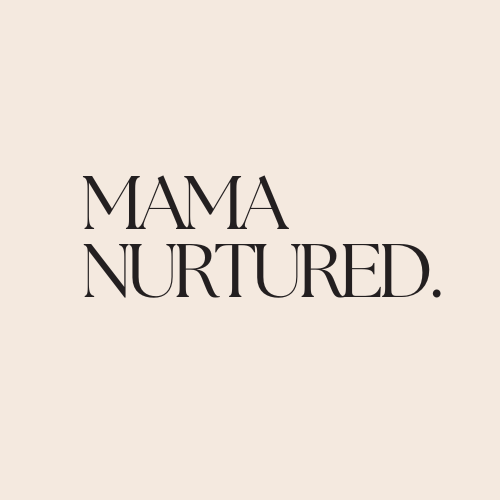The story about myself I’ve now outgrown
Nobody likes me.
This was my story. The narrative that persisted from my early school days to university, new jobs, and even when I embarked on journeys around the world. It lingered in my relationships and echoed when making new mum friends.
But that story no longer defines me. I dismantled it from its foundations, unraveling its roots. I discovered it wasn’t about me, it was more about the person who first made me feel that way.
Growing up, I believed I was unlikeable, uncertain if I was genuinely liked. “I love you but I don’t like you,” they said. In truth, they struggled with my behaviour, projecting their own experiences onto me. It wasn’t about me; I was just expressing little girl emotions in little girl ways.
For 35 years, this narrative shaped my life, making me feel small, insecure, and questioning my self-worth.
It hindered me, especially as a new business owner navigating social media!
Each social situation triggered the thought: “They don’t like you.” Though outwardly confident, internally, I echoed this line repeatedly. Ironically, it was easier for me to claim not liking someone first, creating a shield against potential rejection. When in fact, I was someone who liked most people - I saw the good in people.
Sometimes I’d go the opposite way and try so hard to be liked, I’d start people pleasing, forgetting my own needs and authenticity. It would often come across as desperation.
It crippled me for so long. It had such a daily impact on me. It stopped me from doing things in fear of not being liked. It held me back. It controlled me.
I’ve now seen the light though. I am liked, I am likeable. And yes, I might not be everybody’s cup of tea, but that’s ok. The right people won’t go by me.
What I now know is that we criticise ourselves because we believe we are not good enough. These limiting beliefs come from other people though.
As an exercise, write down all the negative messages you heard as a child - from parents, from relatives, from teachers, from authority figures. These are most likely the very beliefs you have that are making you feel “not good enough”.
So how did I personally break free? I opened up a conversation. I found out what was going on in their life, how they grew up, to make me feel like that as a child.
(I also had kinesiology sessions myself to help me work through it.)
And then what did I do? I forgave. I forgave them for not being the way I wanted them to be growing up, for the way they made me feel. I let go.
And this is why I do the work I do. This is the essence of it. In our treatments, we revisit the origins of emotions, often rooted in childhood. We identify who or what made us feel a certain way, gradually releasing those trapped emotions. By talking, understanding, and reducing their power, we heal and transform not just emotionally but also physically, our symptoms lessen, we experience shifts in energy and improved relationships.
Ultimately, we rewrite our stories, embracing forgiveness, and crafting new narratives that empower us. This is the essence of healing - the journey from emotional wounds to renewed self-perception.



